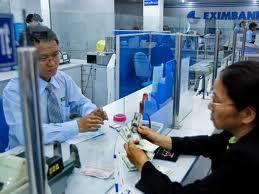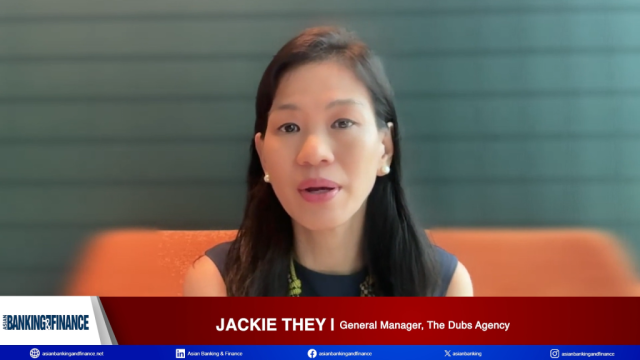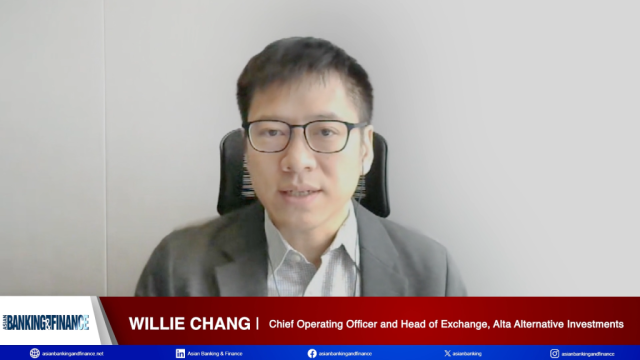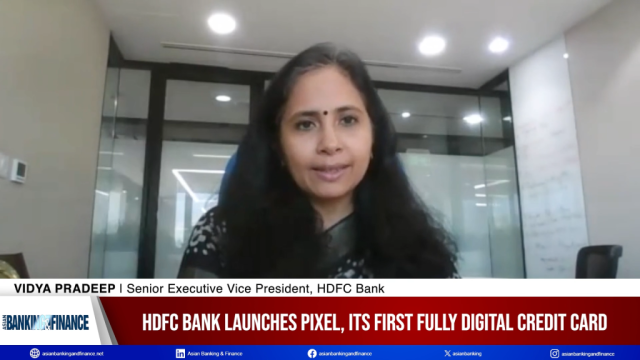
Vietnam needs to merge weak banks: Experts
Vietnam has too many domestic banks, many of which are overloaded with toxic debt. The banking system is also poorly governed.
This was the view of economist Nguyen Xuan Thanh, director of the public policy programme at the Fulbright School in Ho Chi Minh City.
Aside from five fully-foreign owned banks, such as ANZ and HSBC, the sector is dominated by large state-owned banks and dozens of smaller joint stock banks owned by public or private investors.
While the larger state banks benefit from an implicit government guarantee and continued investor confidence, many of the joint stock banks have serious liquidity problems and can barely stay afloat, experts say.
This has hit the broader economy -- credit lines have all but dried up which has affected small and medium businesses particularly badly with some 18,000 going bankrupt this year alone.
Unless there is decisive restructuring, the system will remain unhealthy "and the economy as a whole will suffer", said Thanh.
What the government needs to do is "take over the weakest banks, merge them, sell off the bad debt and then resell the merged bank", said Jonathan Pincus, a HCMC-based economist from the Harvard Kennedy School's Vietnam programme.
"It would be quicker and less risky for the system as a whole. But bank owners would resist this," he said.
To have a banking licence in Vietnam, one Hanoi-based diplomat said, you have to be "very well connected". Bank ownership brings benefits -- the possibility of kickbacks, access to cheap credit.
Many small joint stock banks are owned by subsidiaries of state-owned enterprises or well-connected groups of investors who own multiple banks, evading regulations with accounting tricks.
The sector is riddled with complex cross ownership patterns which are proving "politically difficult to unwind", Pincus said.
The government has divided the banks into four categories with different credit growth ceilings for 2012 -- in effect, identifying the weaker institutions and banning them from lending.
Five to eight of them will be merged this year, the government has said, although it now appears "embarrassed" and is backing off from this pledge, said Le Tham Duong from the Ho Chi Minh City Banking University.
With the first merger of three weak banks in December, rather than the government taking over the institutions, writing off bad debts, and seriously restructuring, the banks were simply rolled together, experts say.
Vietnam's central bank chief Nguyen Van Binh has said that "in the near future there will be more voluntary mergers and acquisitions under the State Bank's strict supervision".
But what is needed is serious state-led restructuring not private sector mergers, said Fulbright's Thanh, adding that this would require huge resources and a clear admission of the scale of the bad debt problem.
For more.























 Advertise
Advertise







